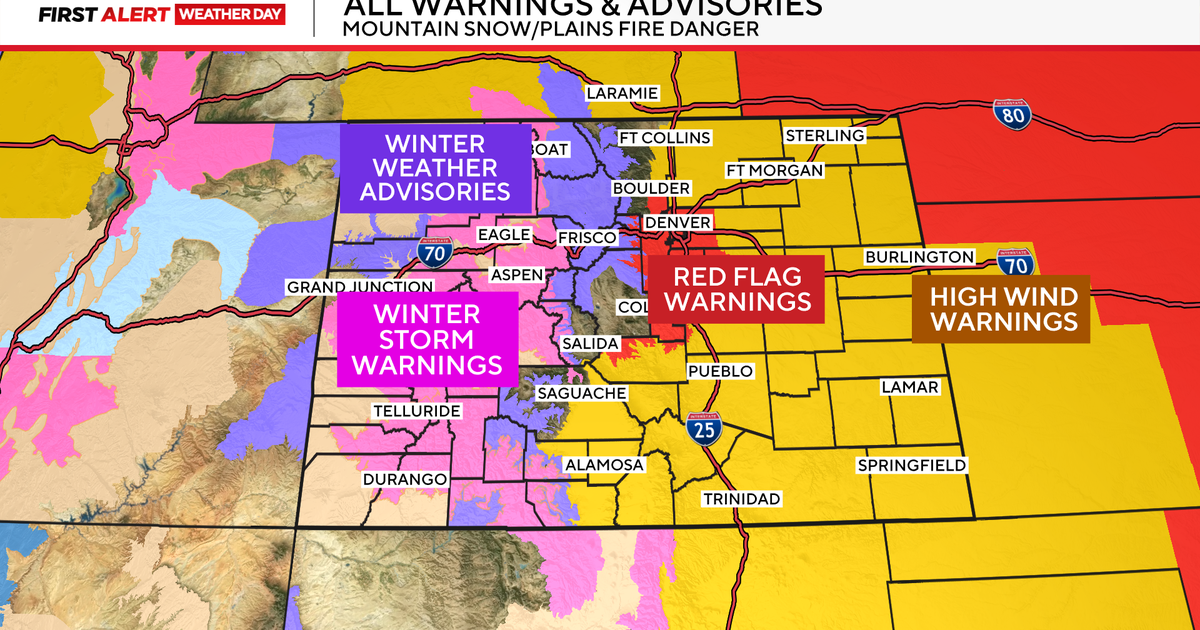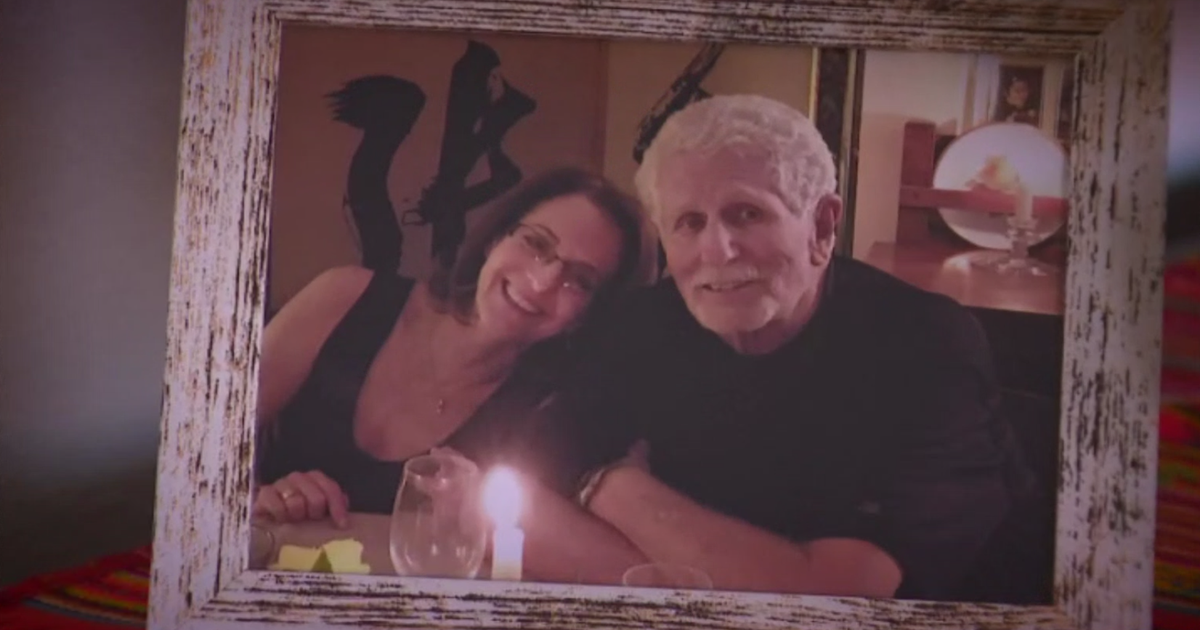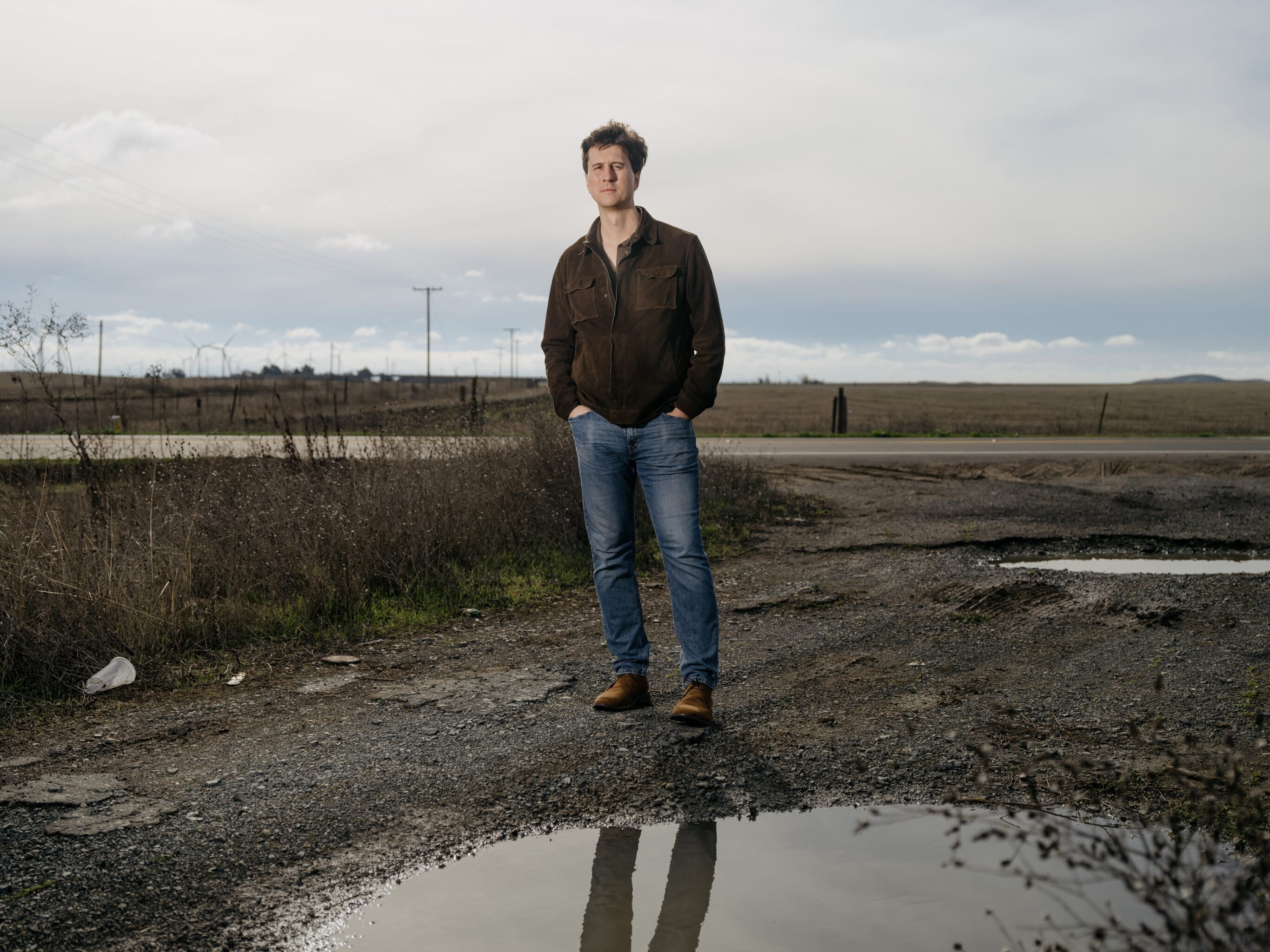Judge in Trump 2020 election case agrees to cancel court deadlines after his presidential win
Washington — The federal district judge overseeing the case against President-elect Donald Trump related to the 2020 election agreed to forego current deadlines to allow special counsel Jack Smith and his team more time to assess the "unprecedented circumstance" arising out of his election Tuesday to serve a second term in the White House.
Smith asked U.S. District Judge Tanya Chutkan in a one-paragraph filing for additional time to "determine the appropriate course going forward consistent with Department of Justice policy." He said prosecutors will provide more information to the court by Dec. 2. Chutkan quickly granted Smith's request and tossed out the remaining deadlines she had set. She ordered the government to submit to her a report "indicating its proposed course for this case going forward" by Smith's proposed early-December deadline.
Trump defeated Vice President Kamala Harris in the race for the White House on Tuesday and will be sworn-in for a second term on Jan. 20. As a result of Trump's victory, the Justice Department and special counsel's office are discussing how to wind down the ongoing federal prosecutions against Trump.
The Justice Department has a longstanding policy against prosecuting a sitting president.
Citing the outcome of the election and Trump's upcoming inauguration, Smith told the court that the deadlines in the pretrial schedule should be tossed out "to afford the government time to assess this unprecedented circumstance."
Trump is facing four federal charges in the case arising out of what Smith alleges was an unlawful scheme to subvert the transfer of power after the 2020 election. He pleaded not guilty and has denied wrongdoing.
Proceedings in the case were halted for months as Trump pursued claims that he was immune from federal prosecution all the way up to the Supreme Court. The high court ruled in July that former presidents cannot face charges arising from official actions taken while in the White House.
The case returned to Chutkan in August, and a grand jury returned a new indictment against Trump that narrowed the allegations against him to comply with the Supreme Court's ruling. The two sides have been arguing in court papers about whether the new charges can stand.
Trump was also charged in a separate case brought by Smith in South Florida stemming from his alleged mishandling of documents marked classified and efforts to impede the Justice Department's investigation. But the 40 charges brought against him were tossed out earlier this year after U.S. District Judge Aileen Cannon, who was overseeing the case, ruled the special counsel's appointment was unconstitutional.
Smith appealed that decision, and he and Trump's lawyers have submitted filings on the issue of whether the special counsel's appointment should stand.



